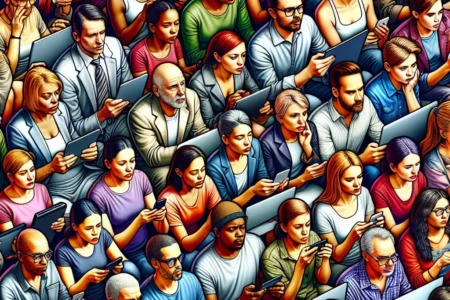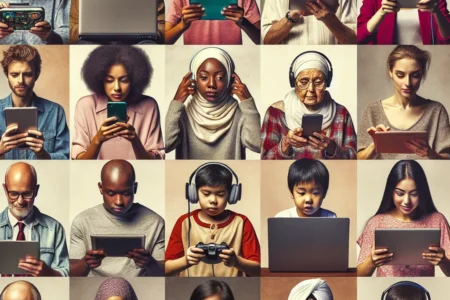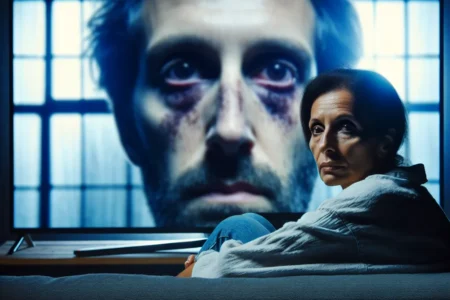Artykuł przedstawia różnorodność stołów roboczych oferowanych przez firmę Brokelmann, zwracając uwagę na ich specyficzne cechy i zastosowania. Autor podkreśla, że stoły robocze są nieodzownym elementem wyposażenia warsztatu, a różnorodność ich rodzajów i funkcji pozwala dostosować je do potrzeb użytkowników, niezależnie od specyfiki wykonywanej pracy. Artykuł zachęca do zapoznania się z ofertą stołów roboczych firmy Brokelmann, prezentując różnorodność modeli i ich możliwości, takie jak regulowana wysokość, dodatkowe funkcjonalności, mobilność czy ergonomia. Podkreśla również, że inwestycja w ergonomiczne rozwiązania wpływa korzystnie na efektywność i komfort pracy, podkreślając znaczenie odpowiedniego doboru stołu roboczego dla profesjonalnego warsztatu. Dzięki tym informacjom czytelnik może zdobyć wiedzę na temat różnorodnych stołów roboczych dostępnych na rynku, ich specyficznych cech i zastosowań, co może być pomocne przy wyborze odpowiedniego wyposażenia do warsztatu.







